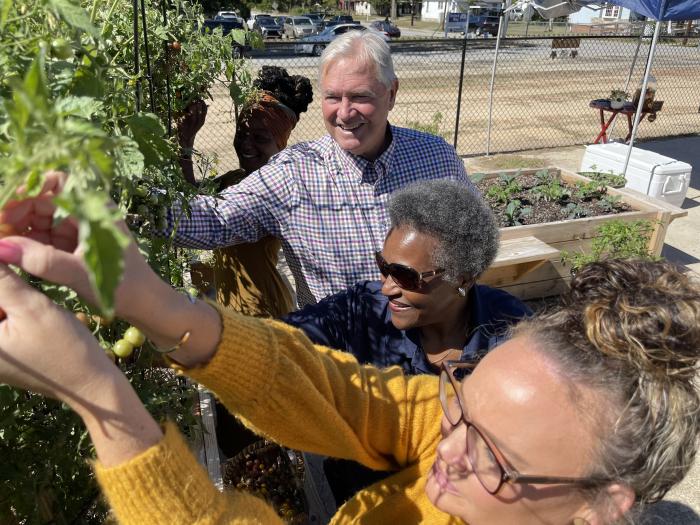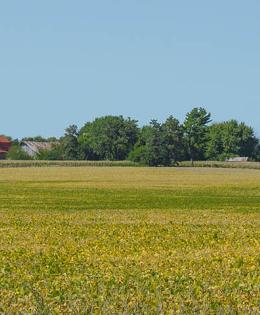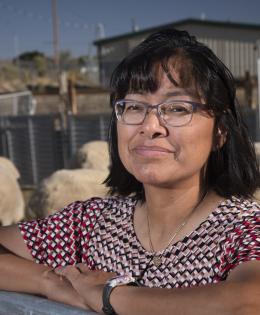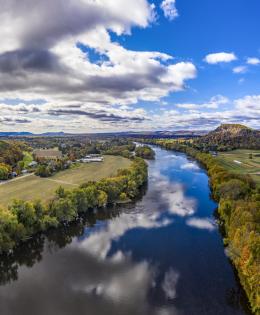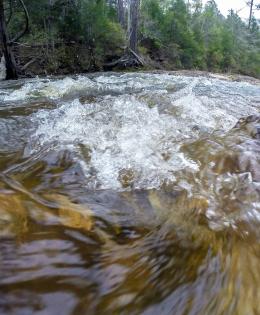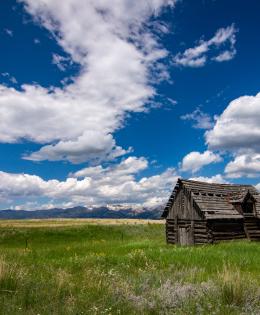

Welcome to the U.S. Department of Agriculture’s (USDA) Natural Resources Conservation Service (NRCS) in South Carolina. The NRCS provides technical and financial assistance to farmers, ranchers, and forest landowners in the Palmetto State address conservation resource concerns on their land.
Who We Are
The USDA's, NRCS is a agency under the Department's Farm Production and Conservation (FPAC) division and focuses on the conservation of natural resources to ensure availability to future generations. As a non-regulatory agency, we work together with farm and forest landowners to identify conservation concerns on their operations and provide solutions through voluntary conservation programs.
What We Do
Through a series of USDA Service Centers across the state, we help agricultural producers and non-industrial private forest landowners in South Carolina address resource concerns on their operations. Working with landowners we provide advice and assistance to on best practices to address resource concerns including soil, water, air, plants and animals. Based on your operation and objectives, we help develop conservation plans and offer voluntary conservation programs that can increase soil health and fertility, reduce erosion, improve animal habitat and diversity, and ensure farm and forestland for future generations of South Carolinians.
How We Can Help
NRCS offers two types of assistance for conservation concerns: Conservation Technical Assistance (CTA) and Financial Assistance (FA):
Conservation Technical Assistance:
- Our staff of of soil conservationists, soil scientists, and engineers, along with out network of partners, can help offer Conservation Technical Assistance (CTA) to provide advice on your conservation concerns - at not cost. This advice is is tailored to your particular situation, and is developed to help you understand best practices to mitigate the concern. It will also help you to develop a course of action that may lead you to participate in our voluntary, Financial Assistance (FA) programs. Learn about the Conservation Technical Assistance Program.
Financial Assistance:
- Through the USDA Farm Bill programs, NRCS in South Carolina offers Financial Assistance (FA) programs that can help you get your conservation projects on the ground. Under these cost-sharing programs, NRCS can provide assistance to make your conservation project a reality. Program requirements vary under each subsequent Farm Bill and program eligibility and requirement can change from year to year.
SOUTH CAROLINA STATE OFFICE
Farm Bill Conservation Programs Application Form for South Carolina
The application form for South Carolina NRCS financial assistance programs, including the Environmental Quality Incentive Program (EQIP), Conservation Stewardship Program (CSP), and the Agricultural Conservation Easement Program (ACEP) is below. The completed application should be sent to your county NRCS Field Office located in the county USDA Service Center. Applications may be delivered in-person, via mail, or via E-Mail.
NRCS-CPA-1200, Conservation Program Application
NRCS-CPA-1200, Conservation Program Instructions

State Payment Schedule
NRCS provides financial assistance for selected conservation practices. The availability and amount of financial assistance can vary between states.

Civil Rights Committee
The National Civil Rights Advisory Committee to the Chief (NCRACC) is designed to provide management officials and employees with counsel and advice to enhance and ensure compliance with their equal employment opportunity and program delivery responsibilities.
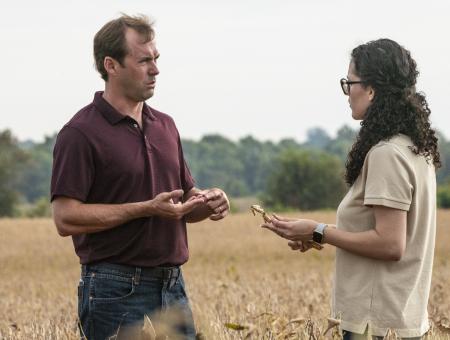
State Technical Committee
State Technical Committees serve in an advisory capacity to the Natural Resources Conservation Service (NRCS) and other agencies of the U.S. Department of Agriculture (USDA) on the implementation of the natural resources conservation provisions of Farm Bill legislation.
How to Get Assistance
Do you farm or ranch and want to make improvements to the land that you own or lease?
Natural Resources Conservation Service offers technical and financial assistance to help farmers, ranchers and forest landowners.
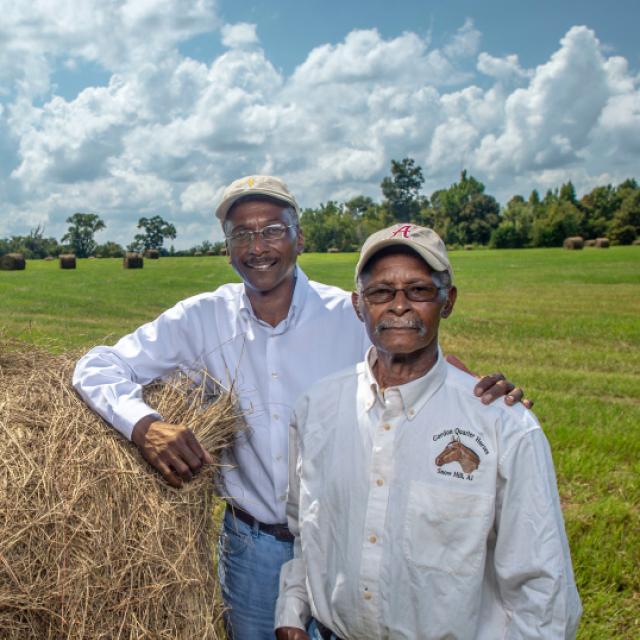
To get started with NRCS, we recommend you stop by your local NRCS field office. We’ll discuss your vision for your land.
NRCS provides landowners with free technical assistance, or advice, for their land. Common technical assistance includes: resource assessment, practice design and resource monitoring. Your conservation planner will help you determine if financial assistance is right for you.
We’ll walk you through the application process. To get started on applying for financial assistance, we’ll work with you:
- To fill out an AD 1026, which ensures a conservation plan is in place before lands with highly erodible soils are farmed. It also ensures that identified wetland areas are protected.
- To meet other eligibility certifications.
Once complete, we’ll work with you on the application, or CPA 1200.
Applications for most programs are accepted on a continuous basis, but they’re considered for funding in different ranking periods. Be sure to ask your local NRCS district conservationist about the deadline for the ranking period to ensure you turn in your application in time.
As part of the application process, we’ll check to see if you are eligible. To do this, you’ll need to bring:
- An official tax ID (Social Security number or an employer ID)
- A property deed or lease agreement to show you have control of the property; and
- A farm number.
If you don’t have a farm number, you can get one from USDA’s Farm Service Agency. Typically, the local FSA office is located in the same building as the local NRCS office. You only need a farm number if you’re interested in financial assistance.
NRCS will take a look at the applications and rank them according to local resource concerns, the amount of conservation benefits the work will provide and the needs of applicants. View Application Ranking Dates by State.
If you’re selected, you can choose whether to sign the contract for the work to be done.
Once you sign the contract, you’ll be provided standards and specifications for completing the practice or practices, and then you will have a specified amount of time to implement. Once the work is implemented and inspected, you’ll be paid the rate of compensation for the work if it meets NRCS standards and specifications.


